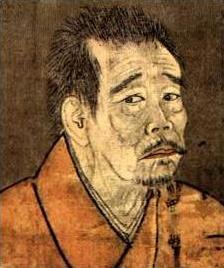“If it rains, let it rain, if the wind blows, let it blow.”
As quoted in The Essence of Zen : Zen Buddhism for Every Day and Every Moment (2002) by Mark Levon Byrne, p. 28.
Contexto: From the world of passions returning to the world of passions:
There is a moment's pause.
If it rains, let it rain, if the wind blows, let it blow.
